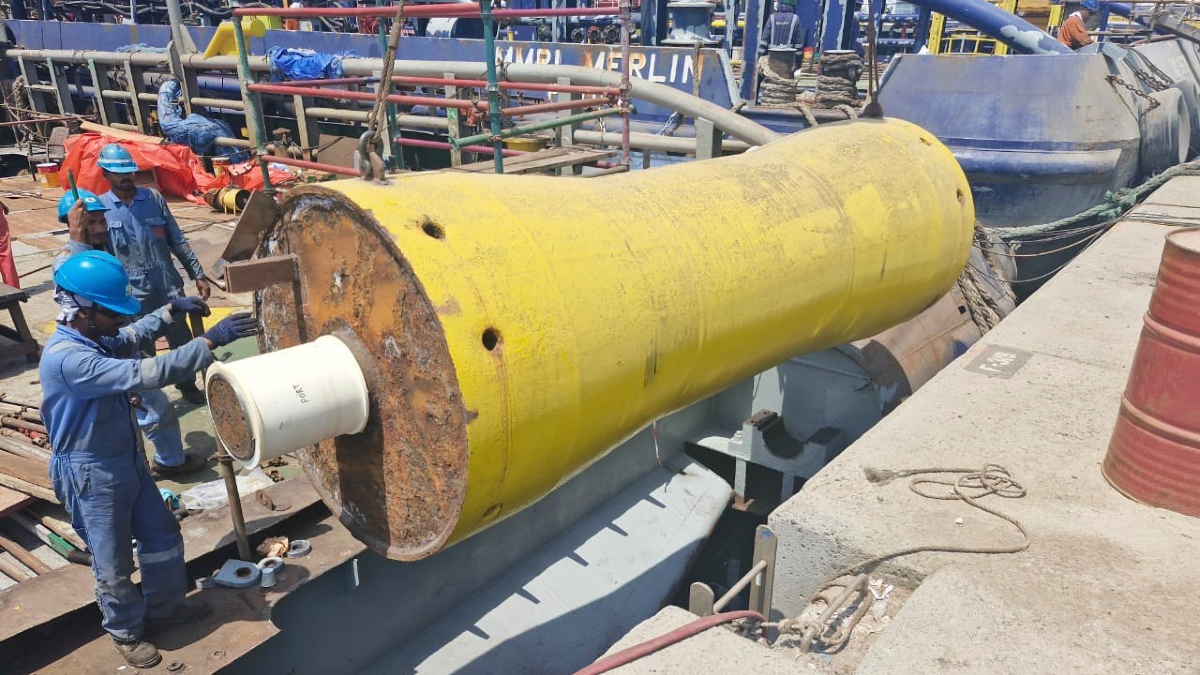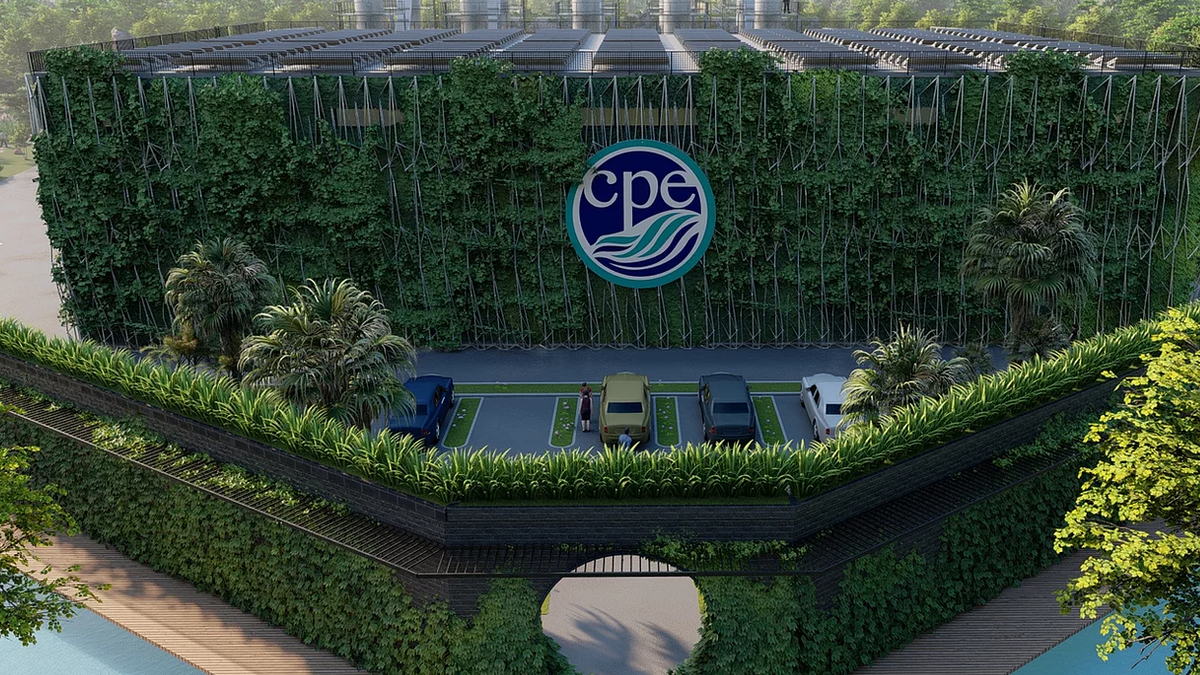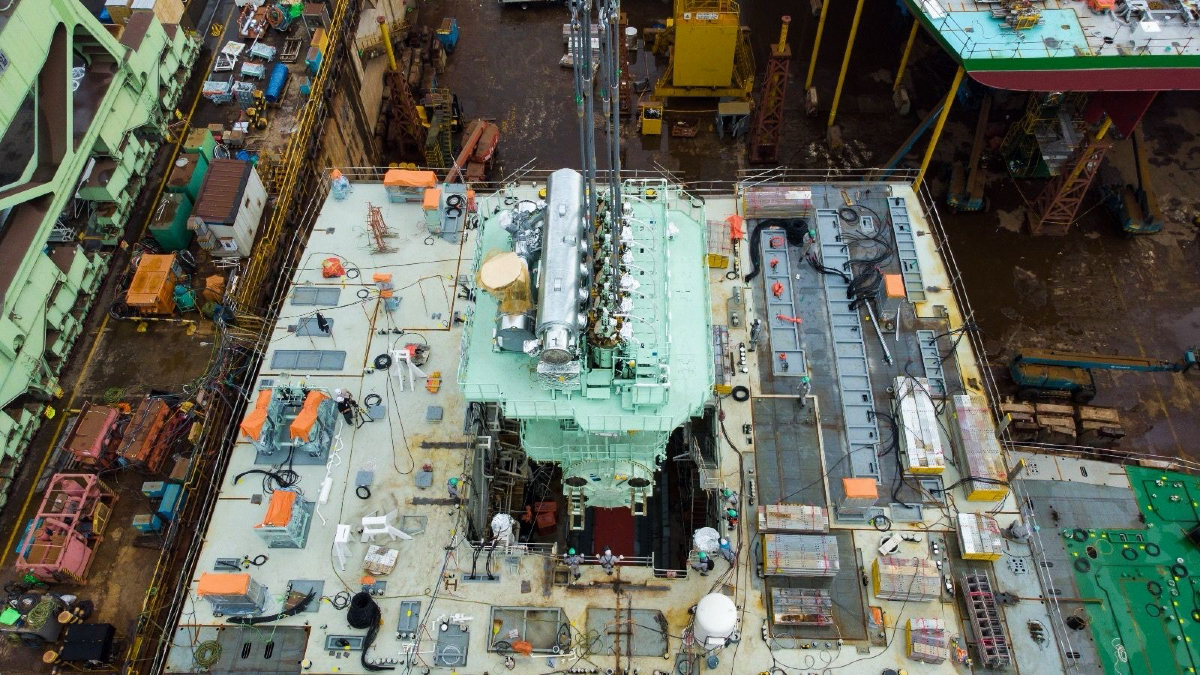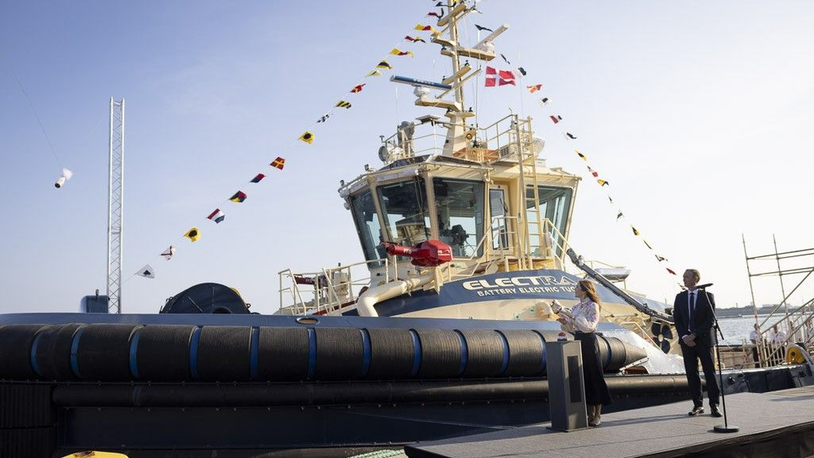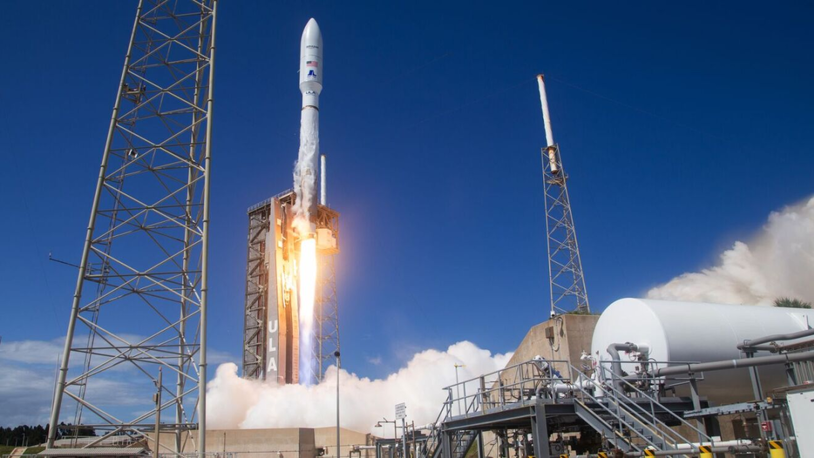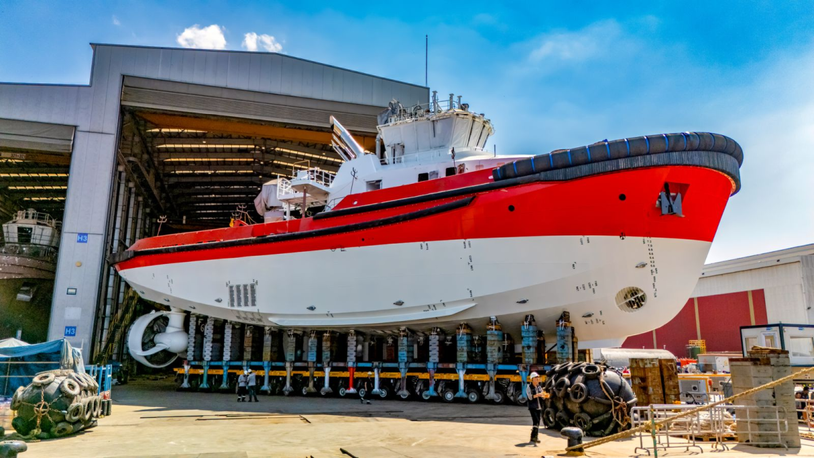Business Sectors
Events
Floating energy: successfully unlocking stranded gas using FLNGs and FSRUs
Contents
Register to read more articles.
Clean Planet Energy to produce fuel from plastic waste
UK-based fuel producer Clean Planet Energy has released details of two new bunker fuels manufactured to replace fossil fuels in the maritime industry
Dubbed ‘ultra-clean’ fuels for use in any ship or vessel, the products are branded under the banner of Clean Planet Oceans and the company said they provide CO2 emissions reductions of more than 75%, and significantly reduce sulphur emissions by “1,500 times when compared to the latest, stringent IMO regulations.”
Clean Planet Oceans includes an ultra-clean marine residual fuel (bunker fuel) meeting international ISO 8712 2017 standards, and a premium marine distillate fuel which matches the highest EN15940 diesel specification.
Clean Planet Energy chief technical officer Dr Andrew Odjo said “Air pollutants such as sulphur are measured by parts per million (ppm). Under IMO 2020 regulations implemented last year, a ship with a scrubber installed on board is allowed to emit 35,000 ppm of sulphur into the sea when burning fossil marine fuel oil, while a ship without a scrubber is allowed to emit 5,000 ppm of sulphur into the air.”
By contrast, the residual fuel and distillate products have a sulphur content of 35 ppm and 3 ppm respectively.
“This means that ships using Clean Planet Ocean’s marine distillate fuel can reduce sulphur pollution by over 1,500 times compared to ships using fossil fuel without a scrubber, and by more than 10,000 times compared to ships with a scrubber” added Dr Odjo.
The fuels will be produced at the company’s ecoPlants using non-recyclable waste plastics as the feedstock, removing waste which would otherwise go to incineration, landfill or into the ocean.
At present, Clean Planet reports that two ecoPlants are in the construction phase, with four more in development. The company is aiming to build ecoPlants to process over 1M tonnes of waste plastics per annum.
Want to know more about alternative fuels? Browse Riviera Maritime Media’s free webinar library.
Related to this Story
Events
Maritime Regulations Webinar Week
Floating energy: successfully unlocking stranded gas using FLNGs and FSRUs
© 2024 Riviera Maritime Media Ltd.

